5. Bjork in Dancer in the Dark (Lars Von Trier, 2000)
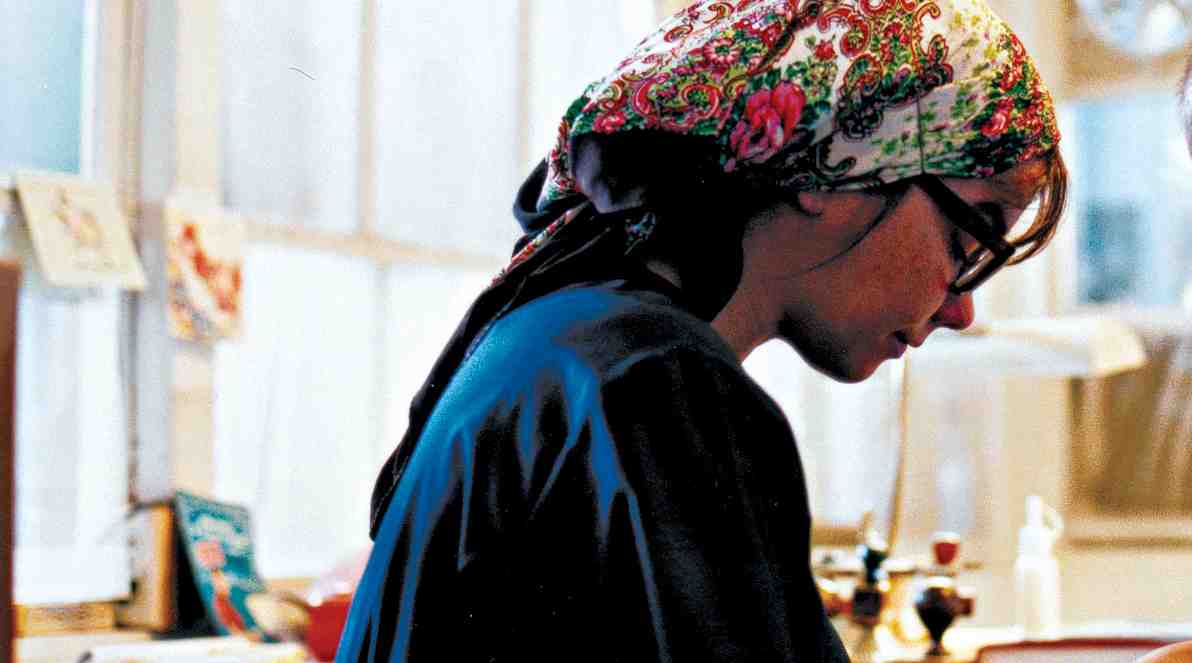
Danish auteur Lars Von Trier is renowned for pushing boundaries, and over the duration of his career he seems to have accepted the challenge to make his audience as uncomfortable as possible.
Surprisingly, it is not the genital mutilation of Antichrist, nor the graphic sexual imagery of Nymphomaniac that has made observers squirm the most, but the unbelievably cruel narrative of his 2000 effort, Dancer in the Dark – a film so obvious in its motives that it simply should not succeed in them, and yet because of Bjork, it does.
This is a film that feels entirely designed to kindle despair in its viewer. Everything that Von trier does seems to parody nihilistic cinema, going to extreme lengths to beat the audience senselessly into a depressed state.
The set-up is obvious, and once the audience are aware that the director wishes to break them down any means necessary, the cause and effect becomes effortlessly predictable. The world conjured here is one of pain and suffering, in which evil will always overcome innate purity. On paper, the idea would appear plainly unbearable. However, the film succeeds in swaying a desired response, courtesy of Bjork’s miraculous central performance.
The filmmaker has long displayed a concern for the way in which we torture ourselves and others, and here he tortures us, holding us witness to the trials and tribulations of an angelic immigrant who came to America with hope for her and her young son.
It is a musical, and Bjork lends her phenomenal skill to the wonderful and affecting song and dance numbers – sadly, they only provide a brief escape for her character, with the audience forever aware of her impending fate. Her performance is nothing short of remarkable, and she is able to make us feel every instance of heartbreak.
The film’s resolution may be the single-most difficult-to-watch sequence ever committed to film, and that’s because of Bjork’s convincing portrayal; seeing someone so beautiful destroyed has never been so painful.
4. Daniel Day-Lewis in There Will Be Blood (Paul Thomas Anderson, 2007)
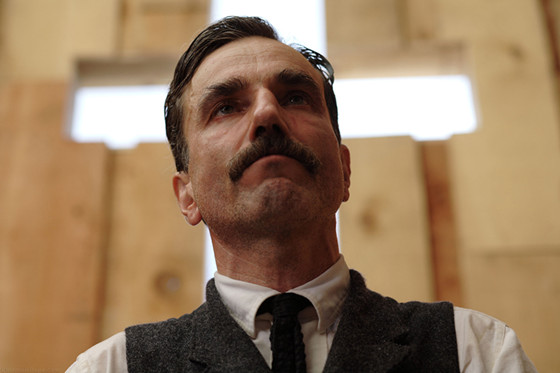
Although Paul Thomas Anderson’s There Will Be Blood was only released just over a decade ago, it boasts one of the most acclaimed and applauded central performances in cinema history. It really is that astonishing. Daniel Day-Lewis is one of the most celebrated actors of his generation, and despite giving his body and mind to everything he attempts, his work as oil-tycoon Daniel Plainview remains the most jaw-dropping and powerful contribution of his staggering career.
A man in search of wealth and riches strikes it big as a prospector at the turn of the twentieth century in California, attracting the attention of a young and apprehensive preacher (Paul Dano). He is a soulless and greedy individual who stops at nothing to expand his operations and reach forever expanding heights, contributing to a rise-and-fall narrative which avoids bombarding the audience with the filmmaker’s morality, choosing instead to construct an encompassing epic in the vein of such American masterworks as Citizen Kane.
Anderson achieves this through his utmost trust in Day-Lewis’ ability; it is a performance which demands understanding, physicality, knowledge and the will to lose one’s real self – these are things Day-Lewis has never struggled to bring to his roles.
As the film reaches a conclusion, we feel uncomfortably close and at-one with Mr. Plainview, and that’s because he is a character so detailed that we have become absorbed into his mindset. We dangerously begin to think like him, and even subconsciously celebrate his selfish victories.
Not many actors are capable of nurturing such a connection between audience and character, but Day-Lewis’ genius and skill is in never allowing us to even realise we have become attuned to such an antihero until we later reflect on the experience. He is able to menace us, lure us, and provide a vessel into the past that encourages us to lose ourselves and live in the film’s images.
The performances are transporting, as is every other element of the production, earning it every ounce of praise it has continued to receive for the past eleven years. There Will Be Blood is Anderson’s best film since Magnolia, which may confirm him as the most accomplished American filmmaker currently working.
3. Ben Kingsley in Sexy Beast (Jonathan Glazer, 2000)
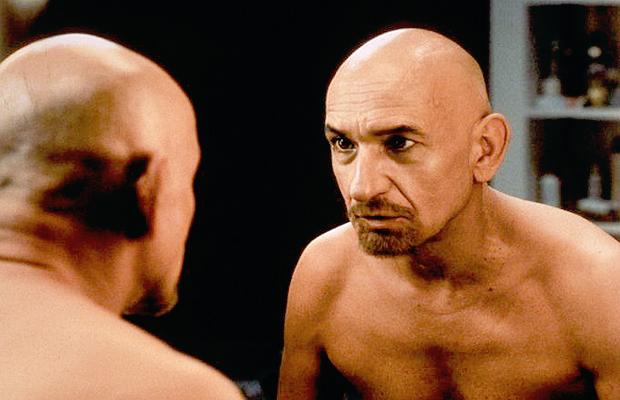
Jonathan Glazer has only three films to his credit, and yet, his films have given audiences characters that linger on in the memory long after the final frame; Scarlett Johansson’s unnamed stranger in Under the Skin, a young Sean in Birth, and of course, the unforgettable Don Logan in Sexy Beast.
Ben Kingsley stars as an aggressive gangster who visits old associate Gal (Ray Winstone) to recruit him for a heist he has been planning – when Gal turns the offer down, Don refuses to take no for an answer, instead tormenting his prey into accepting his risky proposal of returning to a life of crime.
Although Winstone earned a career-best performance for his terrified turn as a threatened ex-convict, it is Kingsley that steals every single moment that the pair share on screen. His performance is absolutely relentless, never allowing the characters and audience room to breathe for fear of his provocation.
The veteran actor delivers his dialogue at such a furious pace, and yet the audience hangs on to every single word because of the genuine hazard he poses to our safety; although we enter Sexy Beast with the knowledge that it is a film, Kingsley’s portrayal of a violent sociopath shatters that illusion and is able to conjure real fear.
According to the actor himself, the role of Don Logan allowed him to unload all of the anger and hatred that would otherwise stay dormant, and this is no shock. However, the fact that Kingsley based the character on his grandmother certainly is.
There is clearly so much that was channelled into this landmark antagonist of British gangster cinema, and the results are undeniable. Don is the stuff of nightmares, and while his work here is incredibly unnerving, it still manages to be so thoroughly entertaining; the performance of a lifetime.
2. Isabelle Adjani in Possession (Andrzej Zulawski, 1981)
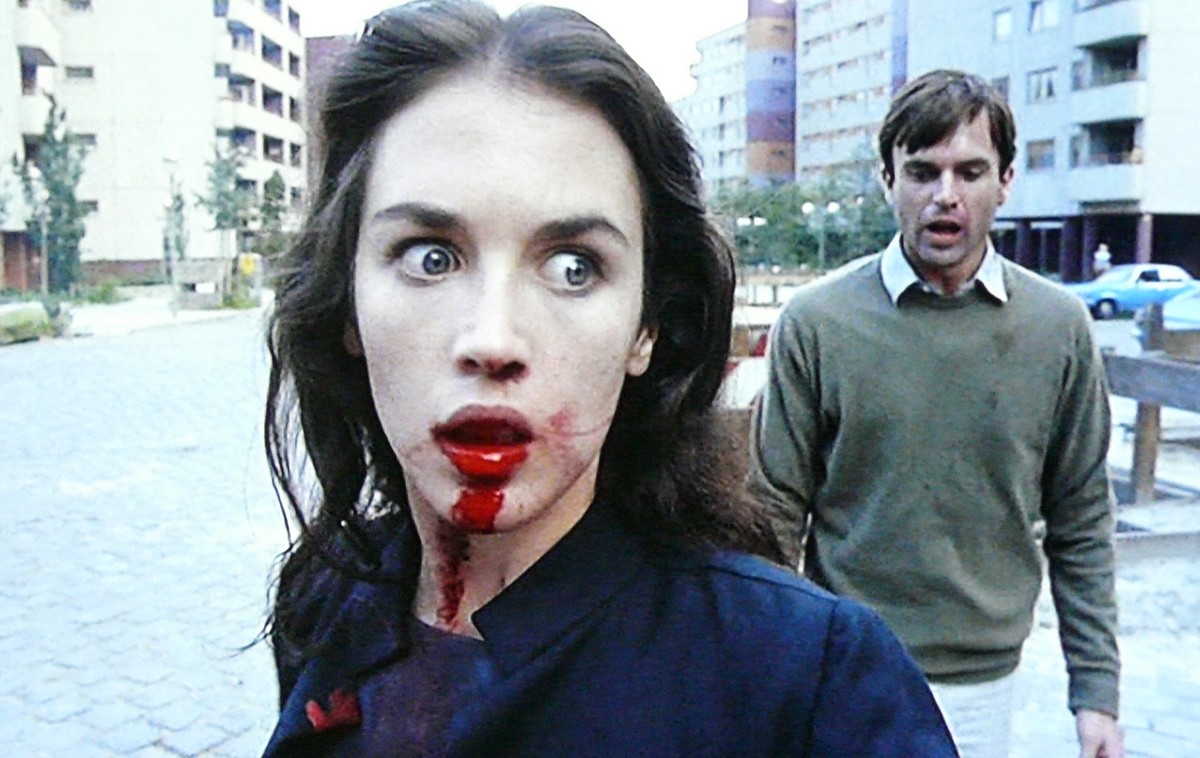
Paris-born actress Isabelle Adjani disclosed to a magazine years after taking a central role in Andrzej Zulawski’s Possession that it took her many years to recover from the toll the character had taken on her; also saying that she would never take on a similar role. Her performance is as intense as they come, and is exhausting just to witness – it must have been a dangerous experience, but when watching the results, worthwhile.
Mark (Sam Neill) and Anna’s (Adjani) marriage has suffered extreme decline. No matter how hard her husband tries to console her and understand the root of her pain, she is compelled to burst into screams and escape from the potential aid of her distraught partner. He believes that her frequent disappearances are linked solely to Heinrich (Heinz Bennent), her new lover, however, Anna is concealing a sinister secret which determines her every move, and her loyalty.
Adjani won the Best Actress award at the Cannes Film Festival for her limitlessly loud and delirious performance. Her suffering as she spirals into self-mutilation and elaborate fits is straining to watch, and yet the mastery of her performance dares us to look away knowing full-well we cannot do so. She shifts from hypnotic and entranced states of varying intensity; forcefully restrained when in the company of her new master, and hysterically torn apart when asked to make any decision she feels is now beyond her control.
Although her performance is consistently mesmerising, there is one scene in particular which deserves to be highlighted among the most memorable in horror cinema. While walking through the subway with groceries, Anna’s behaviour suddenly begins to escalate into deranged convulsions, as if surrendering to an unseen and twisted puppeteer in mid-action.
This display of utter mania is the result of a grisly miscarriage; the performance of this breakdown is unforgettable, her body is able to twist and contort in horrific fashion, and the impression it leaves on the audience is disturbingly profound. For all the attention that Possession continues to receive, it still – and perhaps always will – deserve more.
1. David Thewlis in Naked (Mike Leigh, 1993)
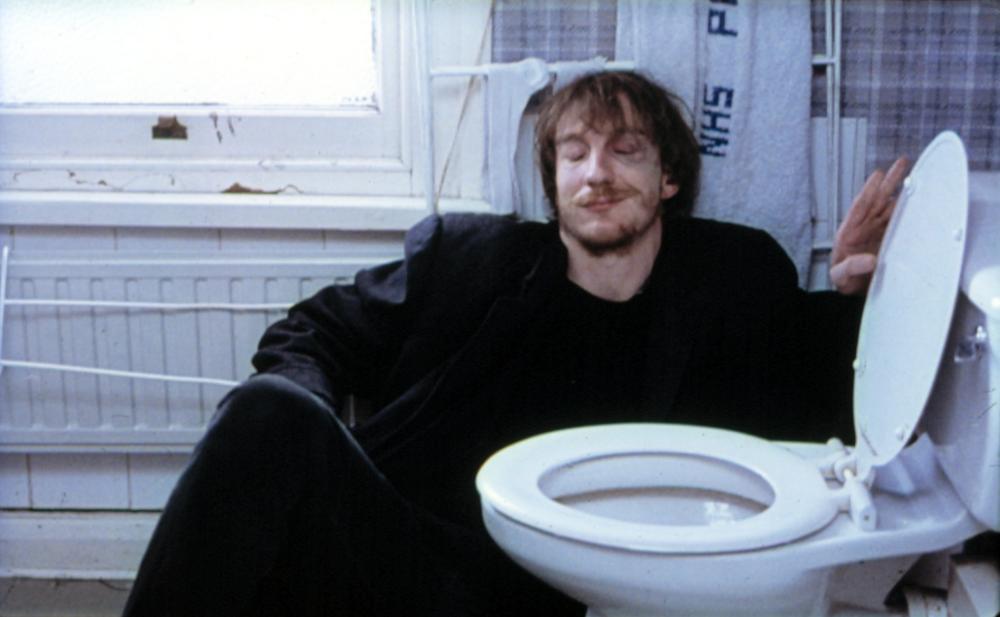
There have been some truly amazing performances featured on this list, and while it may seem unlikely that any could surpass those discussed, Mike Leigh’s 1993 masterpiece features such an intense performance that it demands the highest regard.
Naked follows two men – Johnny (David Thewlis) and Jeremy (Greg Cruttwell) – of conflicting social class, drawing similarities and oppositions in their behaviour, attitude and beliefs. After a sexual encounter spirals into rape, Johnny flees Manchester to return to East-London and the home of his former girlfriend.
While there, he takes to the bleak and dreary streets, questioning and antagonising the strangers he meets as he aimlessly drifts into their lives. His disapproval of modern life has led him to feel that the world is coming to an end, and coming to the conclusion that the world has nothing to offer him or anyone else, he decides to share his nihilistic views with anyone that finds themselves in a situation to listen.
The film is an odyssey through the gloomy, nocturnal streets of post-Thatcher London, following a man who has fell dreadfully sick with the burden of his surroundings. Johnny is fascinating in that he is intelligent, educated, and his cynical ramblings of doom and existential demise are made dangerously persuasive, delivered with charisma and conviction.
Every word he exhibits is interesting, and he is often humorous and likeable despite his disgruntled demeanour. The audience is willing to listen to his every word; when he is able to channel his philosophy verbally in such sequences as the dialogue between him and an optimistic security-guard, the atmosphere is incredibly tense, and this is all down to Thewlis’ deeply affecting performance.
In interviews, Thewlis has stated that the role of Johnny is one that still plagues him today – a dangerous and exhaustive headspace to invade for both actor and audience alike. Every element of his being is troublingly complex, and he is a character that we are still trying to fully comprehend. This is a performance of such rare greatness, and one to cherish.